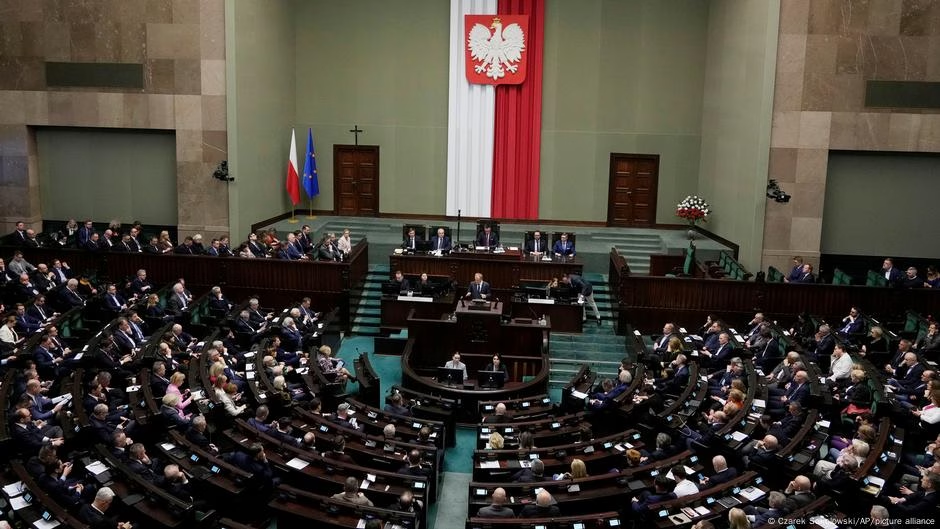Polish Foreign Minister Radoslaw Sikorski is known for not shying away from confrontations. When Elon Musk highlighted the importance of his Starlink satellite service for Ukraine, emphasizing that the country’s entire front line would collapse without it, Sikorski wasted no time in responding. He took to his platform to assert that Poland’s Ministry of Digitization funds Starlink for Ukraine at a cost of approximately $50 million annually. He mentioned that if SpaceX proves untrustworthy, Poland would seek alternative providers, separating the ethos of supporting Ukraine from reliability concerns.
Musk’s retort came swiftly: “Be quiet, small man,” he responded, with a dig at Poland’s contribution being a mere fraction of the total cost, insisting there are no substitutes for Starlink. US Secretary of State Marco Rubio weighed in, asserting that Ukraine’s existence as an ongoing conflict hinges on Starlink’s support. Poland’s Prime Minister Donald Tusk later entered the discussion, urging de-escalation and stressing the importance of leader respect within alliances, particularly towards lesser and weaker partners.
Although Tusk’s government is critically assessing President Trump’s stance towards Ukraine and closeness to Russia, Poland remains on the front lines and recognizes its dependency on the US alliance. Consequently, Poland is focusing on strengthening its military capabilities. Tusk announced plans for a comprehensive military training program for all adult men by year-end, similar to Switzerland’s model, emphasizing it is voluntary and not a return to mandatory service. Additionally, Tusk aims for a half-million-strong army and considered revisions to treaties on land mines and cluster munitions. Warsaw also intends to review its reliance on the US nuclear umbrella and discussed defense spending exceeding 4% of GDP.
Polish President Andrzej Duda supported altering the constitution to include a permanent defense spending target. Despite political differences and some opposition parties aligning with Trump’s views, there is a consensus on the necessity of a US-Poland NATO alliance. The situation is complex, with declining US popularity amidst growing anti-Ukrainian sentiment in Poland, but strong anti-American sentiment is not apparent. Poland is driving initiatives to bolster Europe’s defense, including funding and joint defense projects, indicating potential for increased Germany-Poland collaboration on security matters.
Source: https://www.dw.com/en/poland-s-balancing-act-between-the-us-and-europe/a-71884060?maca=en-rss-en-all-1573-rdf







